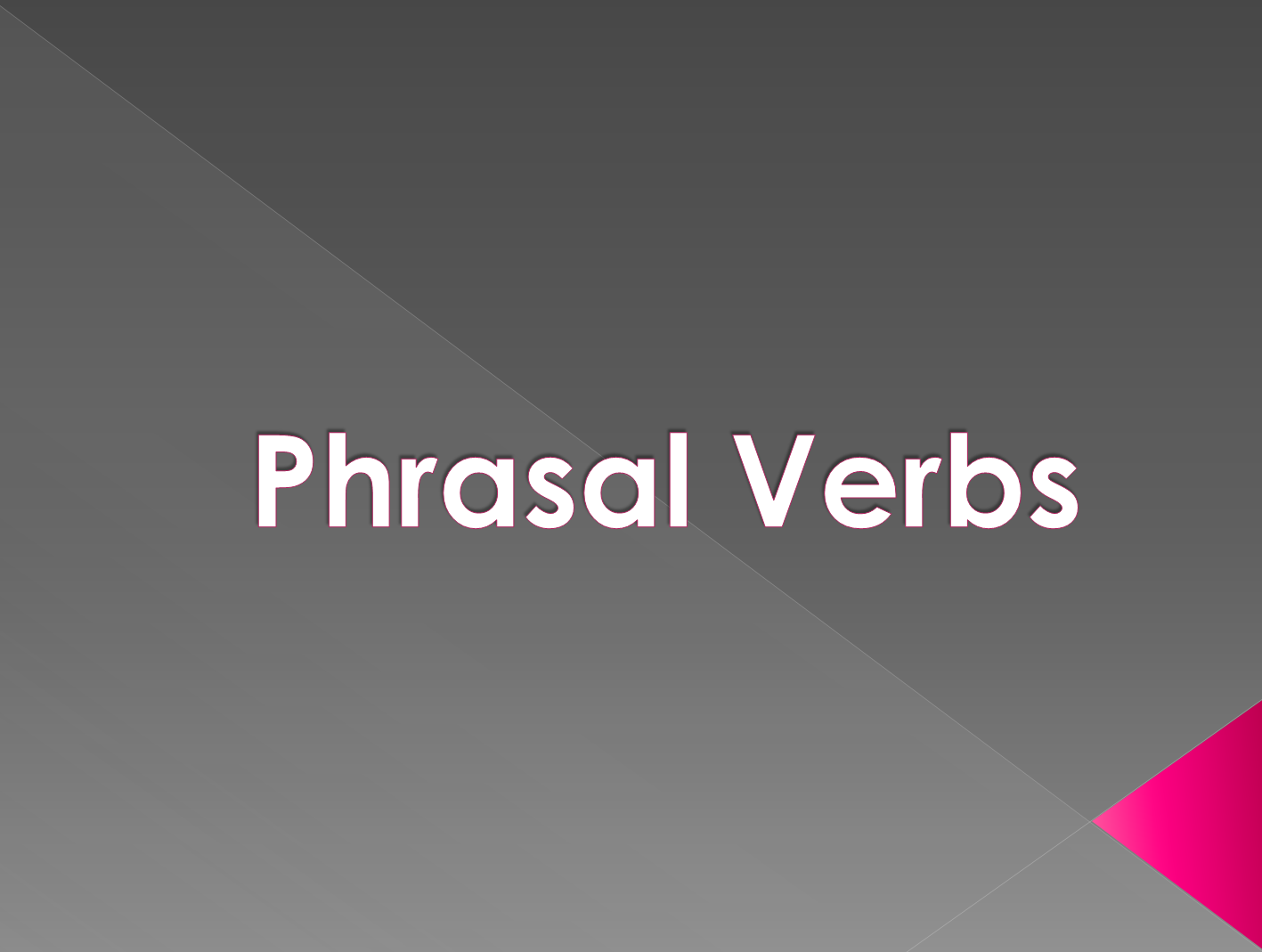
The TOEIC (Test of English for International Communication) is an English language proficiency test designed to assess the English language skills of non-native speakers in a business or professional context. The test is widely used by organizations around the world to evaluate the English language skills of job candidates, employees, and students.
The TOEIC test consists of two parts: the TOEIC Listening and Reading Test and the TOEIC Speaking and Writing Test. The TOEIC Listening and Reading Test is a paper-and-pencil test that consists of multiple-choice questions, while the TOEIC Speaking and Writing Test is a computer-based test that consists of spoken and written responses to prompts.
The test is designed to measure a wide range of English language skills, including listening comprehension, reading comprehension, speaking ability, and writing ability. Overall, the TOEIC is a widely recognized and respected English language proficiency test that is used by organizations around the world to evaluate the English language skills of non-native speakers.
Q&A Topic: Basic Investment Types
Basic investment refers to the allocation of money in a variety of assets with the goal of growing wealth over time. This can include stocks, bonds, real estate, mutual funds, and exchange-traded funds (ETFs). It is important to diversify investments to reduce risk, regularly monitor and adjust portfolios, and seek professional advice when necessary.
Here are some questions that can help you to clear the TOEIC exam:
Q1 Common shareholders have the right to elect directors, to vote on certain corporate matters, and to share in any __________ assets of the company if it is wound up.
(a) reclaimed
(b) released
(c) relevant
(d) residual
Answer: (d) residual
Q2 Common shareholders are the last to claim assets in cases of __________
(a) dissolution
(b) insolvency
(c) insurgency
(d) resolution
Answer: (b) insolvency
Q3 Preferred shareholders may have no voting rights, but special features on redemption or __________ of preferred shares into common shares exist in many cases.
(a) conversion
(b) merging
(c) morphing
(d) transformation
Answer: (a) conversion
Q4 U.S. Savings Bonds are backed by the general credit and taxation powers of the federal government, so there is virtually no risk of __________.
(a) bankruptcy
(b) default
(c) depression
(d) retraction
Answer: (b) default
Q5 A bond is a loan by an investor to the government or a company, which generally promises to pay a specified rate of interest and to repay a certain amount, the __________ value of the bond, at maturity.
(a) base
(b) face
(c) initial
(d) official
Answer: (b) face
Q6 Certificates of Deposit (CDs) are short-term, interest-bearing savings certificates issued by banks or brokers, bearing a maturity date and a specified interest rate; they can be issued in any __________
(a) condition
(b) denomination
(c) jurisdiction
(d) nation
Answer: (b) denomination
Q7 Money-market mutual funds (MMMF) pool money from large numbers of investors and use it to buy short-term investments, such as T-Bills and commercial __________.
(a) blocks
(b) contracts
(c) paper
(d) stock
Answer: (c) paper
Q8 The returns on mutual funds depend on the fund’s investment objectives, described in its __________, and its success in achieving them.
(a) articles of incorporation
(c) prospectus
(b) leaflets
(d) submissions
Answer: (c) prospectus
Q9 __________ funds are much like mutual funds, but shares are not issued or redeemed on an ongoing basis; a set number of shares are issued and then listed on an exchange for trade among investors.
(a) Closed-end
(b) Finite
(c) Limited
(d) Short-line
Answer: (a) Closed-end
Q10 Options give the holder the right to buy (‘call’ option) or sell (‘__________ ‘ option) a security at a specific price for a specific period of time.
(a) offer
(b) Place
(c) put
(d) vend
Answer: (c) put
You may also like:- Idioms and Other Expressions Used For Talking About ‘Work’
- What Are Weasel Words?
- Money and Finance – Test Your Knowledge
- Phrasal Verbs, Idioms and Other Expressions Using ‘CUT’
- How to Say Time in English
- Idioms and Other Expressions Used For Talking About Money
- Shopping and Consumerism – Match the Correct Name
- Phrasal Verbs – Choose the Correct Verb
- Currency Markets – Choose The Best Words
- Personal Qualities – Use the Best Nouns and Adjectives








